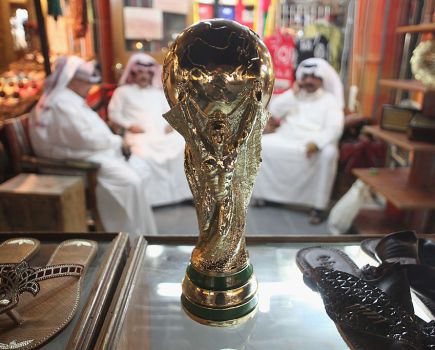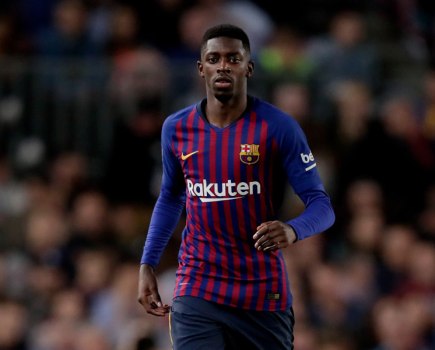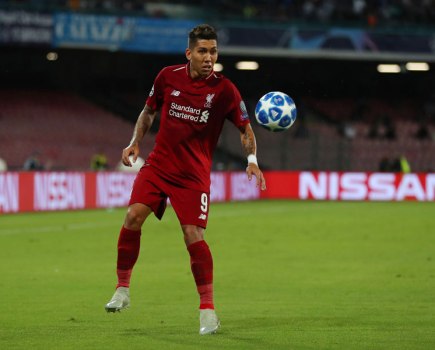 The latest delay over the contentious World Cup Law in Brazil may be the price FIFA is having to pay for a failure of protocol back in October.
The latest delay over the contentious World Cup Law in Brazil may be the price FIFA is having to pay for a failure of protocol back in October.
Any international federation bringing one of its flagships events to a host nation needs a certain number of guarantees from government to underpin the legal status of the tournament. These include tax breaks or harmonisation, security and transport and policing co-ordination.
Without such guarantees a FIFA or an International Olympic Committee will not go in.
When Brazil proposed its candidacy for 2014 – it was the only South American country left standing – it promised to provide all the essential guarantees. Later the government of President Lula formalised those promises in an exchange of documentation
However, midway through last year, with Lula entering the last year of his presidency and local decision-making paralysed ahead of elections, so World Cup work was also frozen both on the ground and in parliament.
New President Dilma Rousseff, who took office on January 1, was not bound by Lula’s promises and – having very little sympathy for Brazilian confederation boss Ricardo Teixeira – approached the World Cup project with a high level of suspicion.
This encouraged Congressmen in the lower house of parliament to take a far more aggressive and nationalistic approach to proposals in the essential ‘World Cup Law’ concerning, notably, ticket pricing, alcohol sales in stadia, police/stewarding balance and commercial piracy controls.
The credibility of the local organising authority was ever more severely compromised as one financial scandal after another assailed Teixeira; simultaneously, several politicians found FIFA’s all-encompassing demands provided an easy target as they ramped up their own domestic grand-standing.
One of these congressmen has been the 1994 World Cup-winning hero Romario.
Increasing concerns over slow progress both in terms of not only the politics but the redevelopment of infrastructure led to Rousseff’s office incorporating a meeting with FIFA during her visit to the European Union in October.
Such high-level meetings have their own rules and regulations, termed protocol. A president meets a president; a prime minister meets a prime minister; a foreign minister meets a foreign minister. They do not cross their borders of status unless within a joint meeting.
Rousseff, a new President less-enamoured with the World Cup project and the people involved than Lula, had every right to expect that FIFA president Sepp Blatter would be there to meet her. Instead, FIFA sent secretary-general Jerome Valcke on the grounds that he is the man who is hands-on in Zurich as far as Brazil 2014 is concerned.
Bad move.
Sources close to Rousseff’s office have indicated she was not impressed. FIFA needed to engage her concern and assistance. Instead she has, if anything, distanced herself from the political wrangling which is now causing FIFA renewed concern.
Last weekend, after the FIFA executive committee meeting in Tokyo, Valcke admitted his ongoing concerns over airports, roads and a lack of public transport. He added: “We are concerned that we have not yet received confirmation of the requirements for the World Cup. However there is a meeting in Parliament next week which should approve Bill that was agreed in 2007 with the Government of Brazil.”
Bad call.
The vote was called off and Vicente Candido, charged with steering the World Cup Law through its various stages, says it will not now be possible to push the text of the Bill through the lower house until some time in the new year.
What happened was that a significant number of congressmen had objected to a late change, smuggled into the text, which took upon the Brazilian government all responsibility for any negative costs and damages arising out of the World Cup hosting.
Inquiry commission president Renan Filho said: “The intention of the government and FIFA and everybody was to have the vote by now but we can put it to the vote only when the political wind is favourable. At the moment the government and the Opposition are agreed that we cannot guarantee everything FIFA wants.”
That was a significant comment, linking concerns from both government and opposition.
Blatter said in Tokyo that the state of 2014 preparations – or lack of them – meant he would fly to Brazil early in the new year himself to meet Rousseff. Clearly, he – rather than Valcke – should have met her last October.
Six months has been lost for a failure of protocol.
By Keir Radnedge






